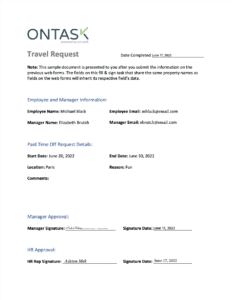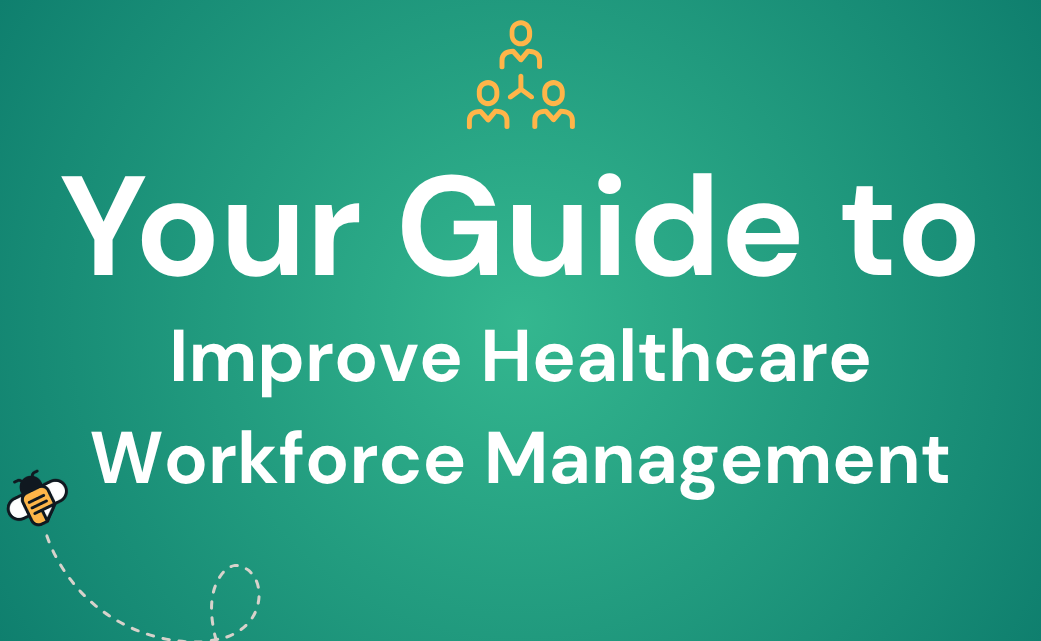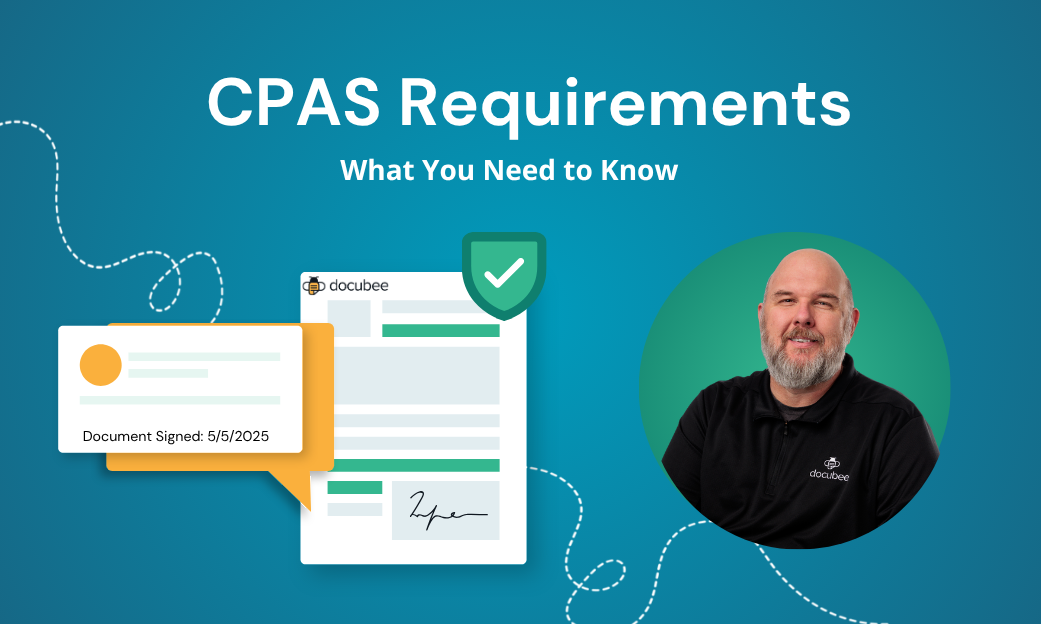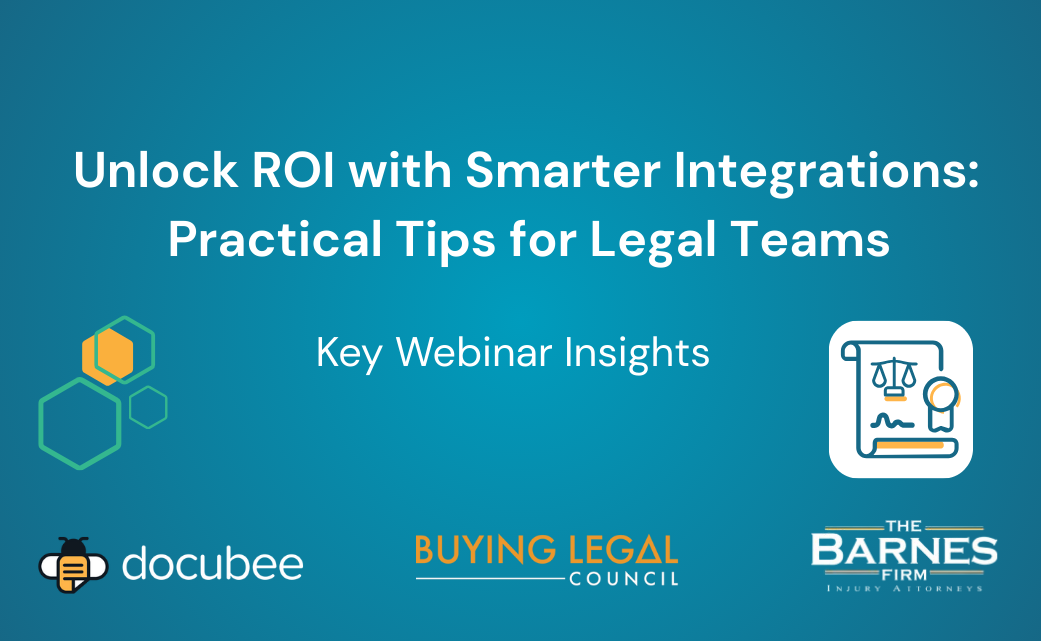It’s no secret that personal, confidential data is a hot commodity with hackers on the web. In 2019 alone, more than 41 million individuals’ medical records were exposed or stolen in data breaches. Similarly, almost one fourth of data breaches tracked in a study by Verizon involved higher education institutes.
No one wants the sensitive data they’re responsible for to be compromised, but how can you keep this information safe? Federal laws such as HIPAA and FERPA were developed to protect private information, and put standards in place for businesses to follow. Let’s take a look at what both laws entail, and whether they may apply to your organization.
What is Covered Under FERPA Compliance?
FERPA, or the Federal Educational Rights and Privacy Act, is a federal law that protects the privacy rights of students. Failure to comply can result in hefty fines, loss of federal funding and damage to your educational facility’s reputation in the community.
Who Abides by FERPA?
This law applies to all schools, universities, and secondary schools in the United States who receive funding from the U.S. Department of Education. FERPA protects student’s health records, meaning that it has some overlap with HIPAA laws. Both current and former students fall under this umbrella. It is important to note that legal guardians have complete control over student records until the student turns 18.
What Security Measures are Required?
For digital documents, the use of a FERPA compliant software is required. All physical or paper documents must be properly secured following the proper safety guidelines. Under FERPA, student data must be protected while also being accessible to authorized users (such as students themselves, parents, staff).
What is Covered Under HIPAA Compliance?
HIPAA stands for the Health Insurance Portability and Accountability Act. HIPAA is regulated through the Office of Civil Rights and covers all healthcare patients in the United States.
Who is Covered Under HIPAA?
This federal law covers all businesses that deal with health information, such as dermatology clinics, general practices, radiology clinics, and healthcare data centers to name a few.
Under HIPAA, authorized parties should be the only people with access to a patient’s health records. This includes the patient, healthcare workers working with the patient, and individuals the patient specifically designates (such as family members).
What Security Measures are Required?
Like FERPA, data must be secured but accessible upon patient request. All online or digital patient data require certain security measures to protect against data breaches, while paper-based documents require a secure filing system.
What Steps Can I Take to Stay in Compliance?
There is much to consider to stay in compliance, but the good news is that in most cases only one will apply to your business. As a rule of thumb, it’s a good idea to put policies and document storage measures in place that cover you under both laws, just in case. Use this checklist to get organized:
- Check Your State’s Privacy Laws – Certain states have additional privacy laws that have greater requirements than HIPAA or FERPA. Be sure to adhere to the strictest of these to ensure compliance.
- Consult with Your Attorney – Having an attorney on your side can help you dissect all of the intricacies that come with both HIPAA and FERPA.
- Secure Your Document System – Data storage plays a large role when it comes to staying in compliance. If you choose to go digital, ensure your solution meets both HIPAA and FERPA standards.
- Train Employees – Having employees that understand the proper procedures to take when securing student or patient information is essential. Create your guidelines and invest time in training.
- Audit Processes Yearly – Both HIPAA and FERPA standards are updated frequently, so auditing your processes periodically is a necessity.
Docubee: Helping You Stay in Compliance
Reading up on each regulation is important, but it’s important to put that knowledge into action with the right tools. Docubee is a workflow automation solution that features the tools needed for schools and medical facilities to become more efficient while staying in compliance. Our system is HIPAA, FERPA and SOC2 compliant, featuring multi-layer encryption and access tokens for added security.
Docubee features access segmentation, meaning you can designate which staff members have access to certain documents in the system. And, all documents filled using Docubee are stored in a secure digital library. When it comes to staying compliant, using Docubee is one of the easiest ways to do it.

















